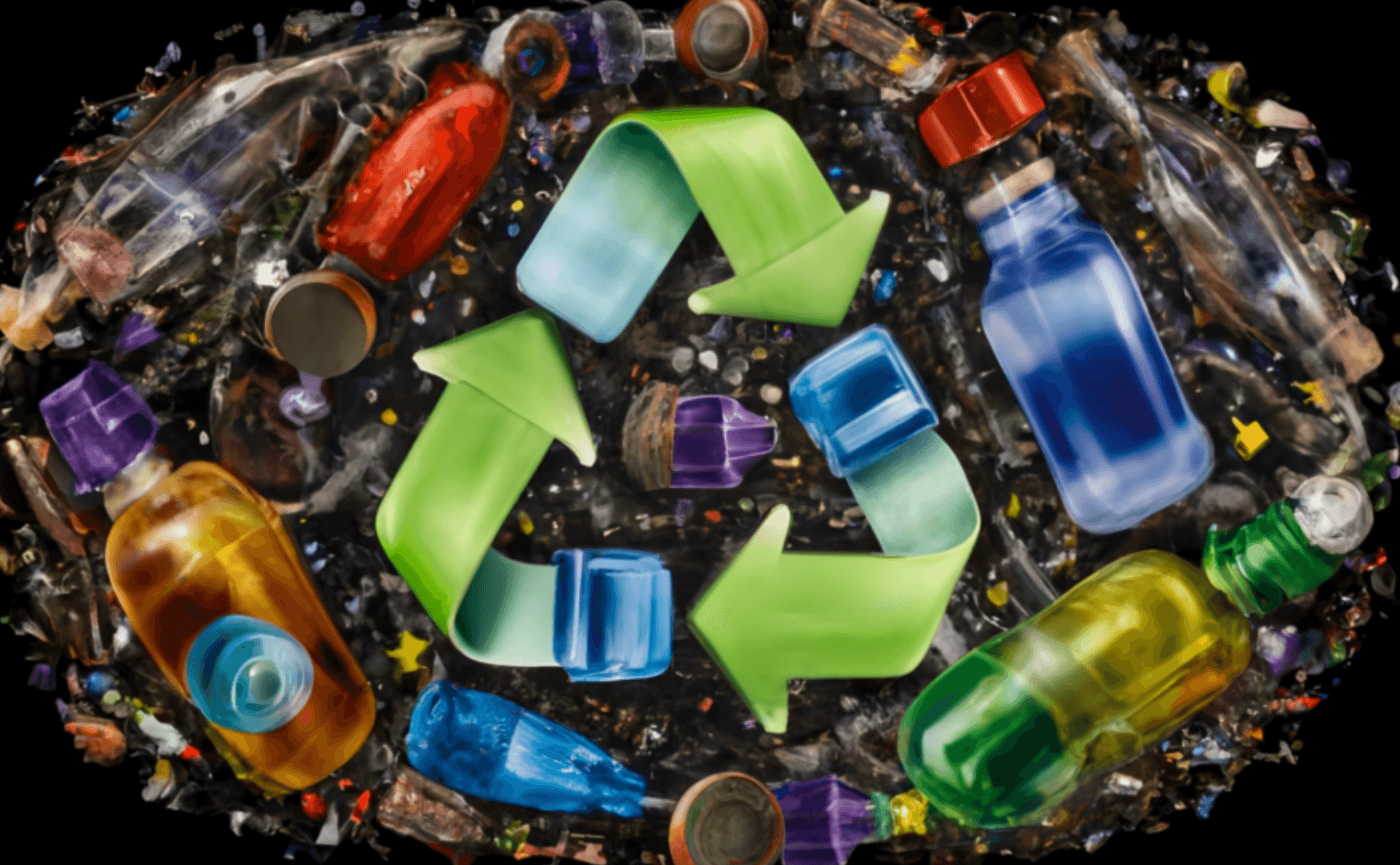
The issue of plastic pollution has increasingly become one of the most pressing environmental concerns of our time. As we continue to witness the devastating effects of plastic on our ecosystems, a debate has emerged on whether we should completely ban plastic. While the benefits of plastic in modern society cannot be denied, we must also consider its long-term impact on our planet.
Plastic, as a material, is incredibly versatile and cheap to produce, which makes it an attractive option in industries ranging from packaging to healthcare. However, its durability, which is one of its most useful properties, also makes it one of the most harmful pollutants. Plastic waste accumulates in landfills and oceans, taking hundreds of years to break down. In fact, much of the plastic we use today is still present in our environment, causing damage to wildlife and marine life.
India, with its large population and rapid urbanisation, faces unique challenges in managing plastic waste. The widespread use of single-use plastic products, such as bags and bottles, has led to serious environmental consequences. Studies have shown that plastic not only harms wildlife but also affects human health by contaminating our food and water supply.
However, banning plastic entirely may not be the most practical solution. A complete ban could lead to disruptions in industries that rely on plastic for essential functions. It could also have significant socio-economic implications, particularly for the millions of people employed in the production and disposal of plastic.
Instead of an outright ban, a more balanced approach could be considered. This includes reducing the use of single-use plastics, encouraging the use of biodegradable alternatives, and investing in better waste management systems. Raising public awareness and implementing stronger regulations for plastic waste management could also contribute to addressing the problem without an immediate ban.
In conclusion, while the goal of reducing plastic pollution is essential, a complete ban may not be the most effective approach. A comprehensive strategy involving regulation, innovation, and public cooperation is the key to creating a sustainable future.
Related: Should we ban plastic?